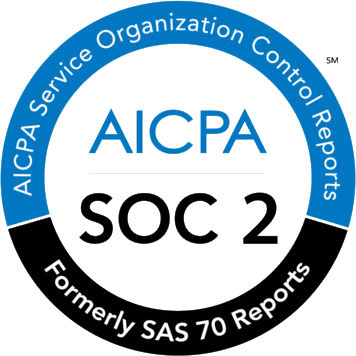Allocated parking is a staple of many company parking policies across the world. Companies aim to regulate company parking by assigning set parking spaces to staff.
Executed poorly allocated parking can lead to political and administrative tensions. Here’s a quick guide to help you make sure parking allocation runs smoothly at your business.
Quick tip, if parking allocation really isn’t working for your company skip to this section to discover what the future of parking allocation looks like.
Table of Contents
ToggleWhy do companies allocate parking?
The first thing you need to ask yourself is does your company need allocated parking spaces? Companies tend to assign parking spaces for one of two reasons:
i) Limited spaces – they only have a limited amount of space and they want to guarantee that certain staff get space.
ii) Shared spaces – they share a car park with other companies and want to assign space to reduce confusion.
Allocating parking to staff has many benefits.
– Guaranteed employees report increased employee satisfaction.
– Research from UCLA shows, guaranteed parkers will reduce their journey times by 6 minutes on average. This decreases carbon footprint, local congestion and reduce time wastage.
Park up to 40% more cars in the same amount of space
Boost parking capacity by up to 40% by distributing empty spaces to employees that need them most.
Learn moreHow do I choose who gets parking?
Choosing who gets allocated car parking and where can be a real nightmare for companies. Most companies will develop their own parking policy based on what is important to them.
The most popular allocation criteria is seniority. A lot of companies for example will position parking as a management perk. When people reach a certain grade in the company they are granted free use of one of the allocated parking spaces.
There are many other ways of deciding who should get a space and who should not including:
– Length of tenure
– Health tissues
– Distance of commute
– Employees with young families
Regardless of how you assign parking spaces certain staff will be disgruntled.
How have companies traditionally managed parking allocation?
The complexity of managing parking allocation depends on company size and type. For a small company with very low staff turnover, keeping a track of who is next in line is simple.
However, for larger companies with hundreds of parking spaces, it can be a disaster. It is vital to decentralise the information. Ensure that there is a clear and transparent process which is regularly tracked and updated.
Many companies will use an online spreadsheet to track who owns parking spaces. In larger companies, where facilities manager do not have oversight of employee departures or who is on sick leave, a more dynamic system would be beneficial.
Park up to 40% more cars in the same amount of space
Boost parking capacity by up to 40% by distributing empty spaces to employees that need them most.
Learn moreWhat are the downsides of traditional parking allocation?
Parking allocation definitely has it upsides but it’s downsides are becoming apparent.
The elephant in the room is that parking allocation is a very inefficient use of space. In fact, industry estimates show that up to 40% of your parking space will be left empty at any given time.
How?
What happens parking spaces when people are working from home, out at meetings, on holidays or travelling for work?
Parking allocation processes are traditionally very inflexible. We’ve all walked through a car park to see all the directors spaces lying idle.
Luckily parking allocation 2.0 has arrived which gives you all the benefits with none of the downsides.
What’s the new way of doing parking allocation?
Employee parking software has been growing rapidly over the last few years. This has made it a lot easier to solve parking allocation problems at work.
Wayleadr is an employee parking software which automates and optimizes parking allocation. How does it work?
So traditionally, parking allocations have been fixed. Certain staff were assigned parking spaces for long periods of time. If these spaces were not being used by the assigned space owner, they often laid empty.
Wayleadr operates in a similar way, it allows companies to designated parking spaces to staff members. There is a big difference though, each week staff are asked is there any days which they won’t be using their space.
All unused spaces are then placed into a pool. All other staff are asked for their parking needs that week. Wayleadr’s award winning algorithm will then allocate the spare spaces in real-time. The beauty is that the allocation takes place based on criteria which matters to the company so seniority, length of tenure etc. can all be brought into the equation.
In short Wayleadr allows you to repeat your parking allocation everyday to ensure maximum efficiency.





